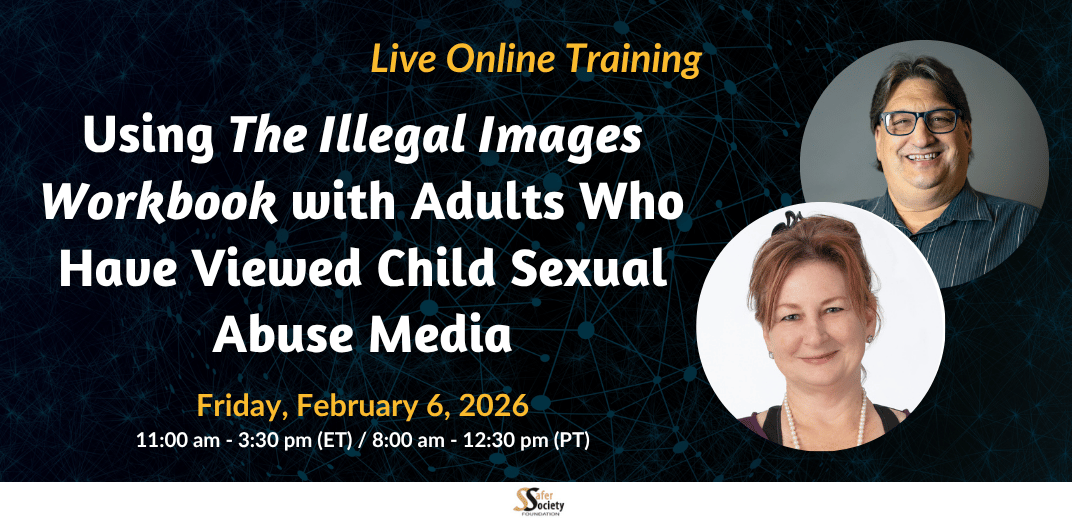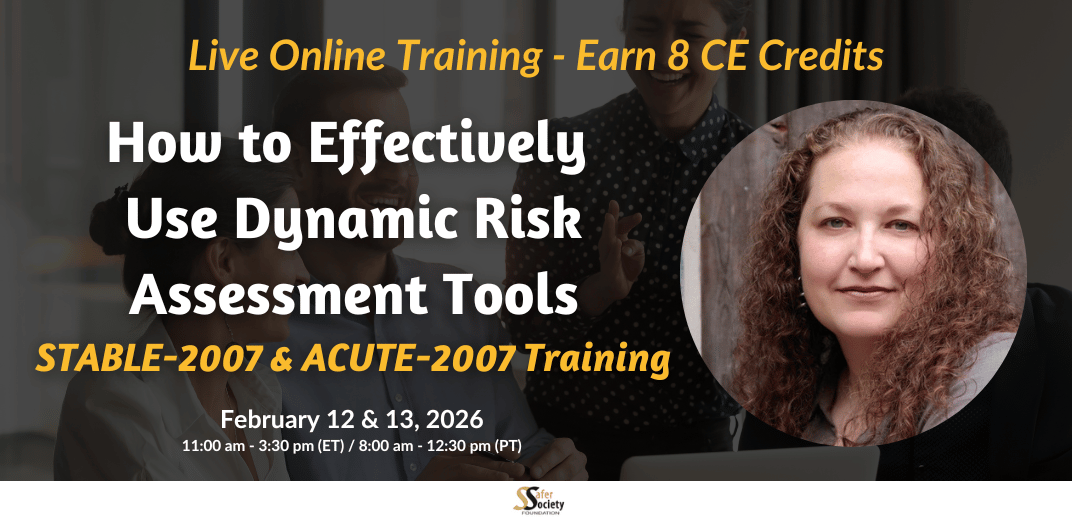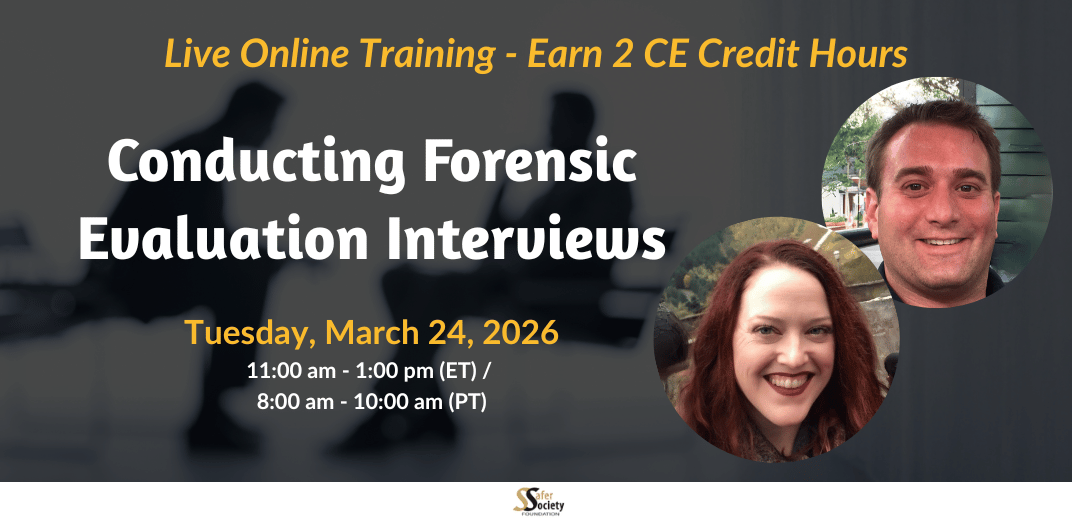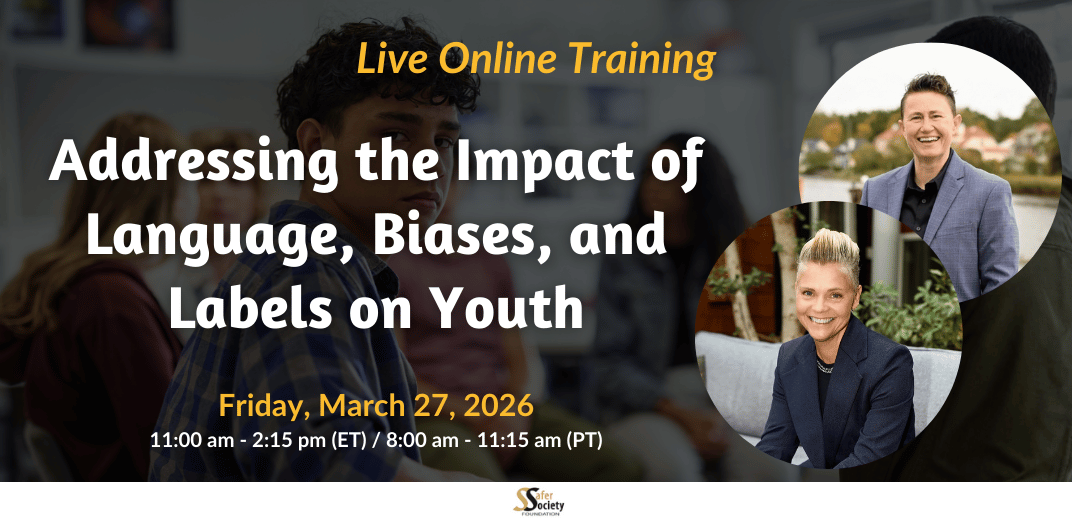
Addressing Accountability and Denial in Sex Offense Treatment: Evolving Practices and Practical Frameworks
Working with clients who deny their past behaviors has long presented dilemmas for practitioners. Requiring full disclosure of past offenses has been a source of recent debate in sex offense treatment, particularly since the late 1990s. Historically, accountability for sexual offending was required as a pre-condition for treatment participation and completion, as well as for successful release from supervision. More recently, however, perspectives have shifted. Research indicating that denial is not a risk factor for future sexual offending, along with concerns for the therapeutic alliance and questions regarding potential violation of the right against self-incrimination, has led clinicians to begin modifying their approach to addressing denial. As a result, many programs no longer require those who offend to be accountable as a precondition of treatment entry or completion.





